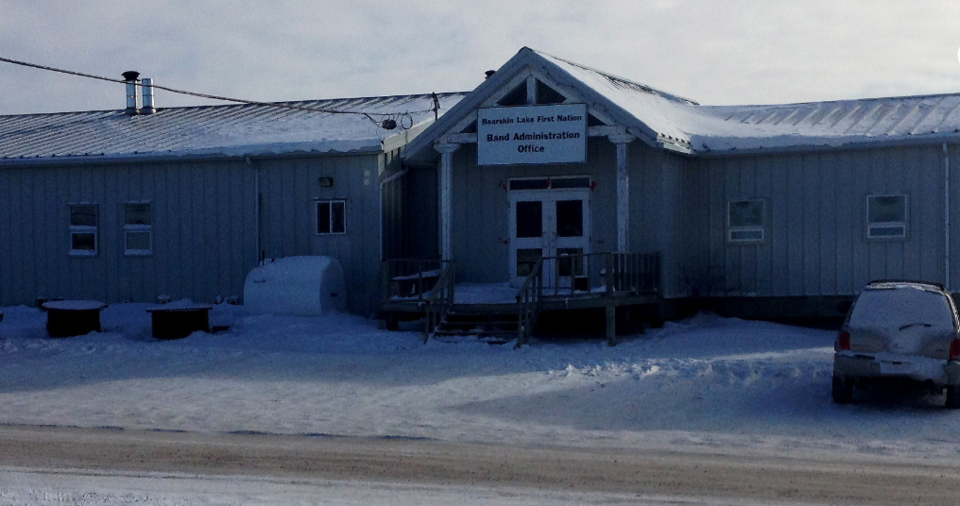TORONTO – The Ontario government has officially asked for military assistance to support COVID-ravaged Bearskin Lake First Nation.
Solicitor General Sylvia Jones on Thursday sent a letter to federal Public Safety Minister Marco Mendicino seeking help for the community of 480, where more than 200 cases of COVID-19 have been detected.
According to community leaders, there are about 20 people left healthy enough to run vital municipal services.
Jones, in her letter, seeks assistance in a variety of areas, including helping provide critical services to community residents, wellness checks and physical checks for dangers to residences, logistical support to receive supplies and deliver them to Bearskin Lake’s vulnerable residents and general transportation and delivery duties.
The province is also looking for help to convey health and COVID-19 information, along with people to help cut, split and deliver wood and the erecting of isolation facilities as needed.
“The current level of support required by the community exceeds the ability of these few staff to manage. Furthermore, the capacity to support the community is further limited given the chief and multiple council members are also now in isolation due to close contacts or testing positive,” Jones writes in her plea to Ottawa.
Bearskin Lake First Nation Chief Lefty Kamenawatamin first asked for federal assistance on Jan. 3.
Indigenous Services Minister Patty Hajdu said they received a request from the community on Wednesday for 40 personnel to help alleviate the COVID-formed crisis.
Hajdu, in a tweet, said Indigenous Services Canada is working with partners to support the request and has budgeted an extra $1.1 million to help the community.
“The community indicated they are continuing to assess their needs and making sure that the funding received thus far will cover their additional costs,” Hajdu said in a statement posted to her social media feed.
“Our officials will continue to work with them on any requests for assistances, including through the province for military support if they determine it’s needed. ISC has been meeting daily with community representatives and is committed to supporting them during this challenging time.”
Jones said the current situation is overwhelming the ability of surrounding communities, Nishnawbe Aski Nation, Windigo Tribal Council and the Matawa Tribal Council, along with non-governmental organizations, to manage the outbreak.
Jones asked for any support provided to be put in place for 14 days from the date of deployment, with an option to extend by up to two weeks, with a reassessment taken after the initial seven days. Jones said the Provincial Emergency Operations Centre is also aware of other First Nations communities in Ontario suffering similar COVID-19 related emergencies who might also be in need of future assistance.



